On 18 May 2022, the European Union Commission released a new billion-dollar energy sovereignty project to decrease its dependence on natural gas and Russian oil and transition to greater use of renewable energy sources.
O REPowerEU will count on the mobilization of the Member States and the Covid-19 recovery fund (Nextgenerationeu) to finance it, and its ultimate goal is to strengthen the European economy more independently by 2030.
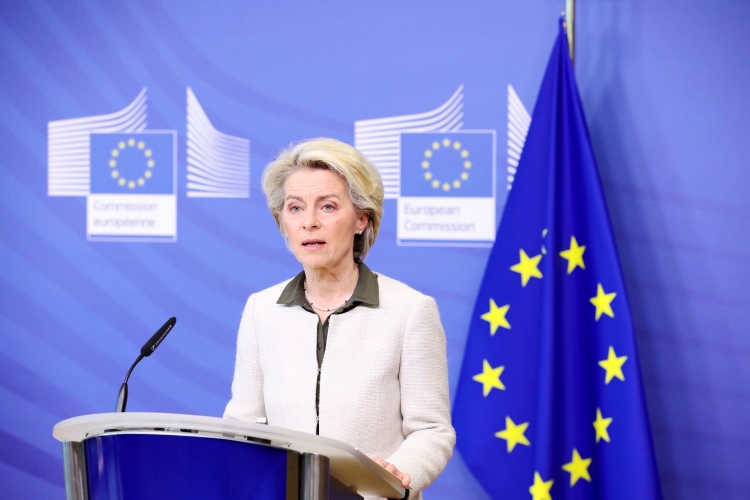
How energy-dependent are the countries of the European Union with Russia
The European Union imports about 400 billion euros in fuel from Russia, with 40% of the gas supply and 27% of the EU’s oil coming from Moscow.
It is one of the great motivations of the European Union to achieve a greater strategic autonomy, since Russia supplies energy to several Member States.
For example, according to a DW (German public news network), in 2020, Russia exported 56,3 billion cubic metres of natural gas for Germany, 19.7 bn m3 for Italy, 11.2 bn m3 for the Netherlands and 2.6 bn m3 of natural gas and 5.0 bn m3 of LNG (liquid natural gas) for France. In addition to other countries that are allies of the European Union that also rely heavily on Russian supply.
A Germany paid 17.84 billion dollars in mineral fuels, oils, distillation products from Russia in 2021. Italy paid $15.75 billion on these same products in 2021. As did the Netherlands, which in the same year paid $18.87 billion as well.
Therefore, with the war situation in Ukraine and the EU’s relationship with Russia extremely strained but with high energy dependency, it allows an advantage to Moscow since it has almost a monopoly on the supply of European gas.
An advantage that is constantly reaffirmed by Putin, where threatens to cut gas imports into the EU if NATO continues to advance in the region. That is, Russia is holding the European Union hostage, using the supply of gas and oil to the bloc as an energy weapon.
How REPowerEU aims to eliminate Russia’s European energy dependency
In the statement of 18 May, the European Union announced the project “REPowerEU” to achieve its energy autonomy. The President of the European Commission, Ursula von der Leyen, said:
“Today we’re taking our ambition to yet another level to make sure that we’ll be independent of Russian fossil fuels as quickly as possible, REPowerEU will help us to save more energy, to accelerate phasing out of fossil fuel and most importantly to kick start investment on a new scale. This will be the speed charging of our European Green Deal.”
Politico
The project has three main fronts: import of more natural gas from suppliers other than Russia, a faster deployment of renewable energy with wind and solar energy projects and a greater effort to save energy.
From this, they will seek 45% of the EU’s energy in renewable sources by 2030, increasing the previous promise by 40%. This will mean doubling the EU’s renewable energy capacity by 1,236 GW by 2030.
The 27 member states plan to invest 210 billion euros for REPowerEU by 2027, reaching 300 billion euros by 2030. In addition, they shall use “Recovery and Resilience Facility”, Covid-recovery fund19, of 200 billion euros to finance the project.
With this initiative, they seek to decrease 30% of dependency with Russia by 2030 and already seek to cut 100% the import of Russian coal by August 2022 and decrease gas imports by the end of the year. With this, they seek to achieve the complete autonomy of Russian gas and oil by 2027.
The European Union is already negotiating with other countries such as Egypt, Israel, Nigeria, Canada and Algeria in the construction of 12 billion euros in gas pipelines and LNG terminals to increase the import of gas from these countries, thus replacing what is now imported from Russia.
Why REPowerEU may not be as beneficial to the climate in the short and medium term
Even advocating the full use of renewable energy, the European Union has 10 billion euros in 12 gas and LNG projects and 2 billion in oil structures in the countries of Central and Eastern Europe which depend more on Russia.
This has been the subject of criticism, as it has preoccupied the visions of the EU’s promises with CO2 emission reductions and the commitment to other renewable energy projects that are already under way, worsening climate change and raising energy prices in the short term to pay for these new investments.
The European Commission reaffirmed that these projects will not take away the main objective of transitioning to renewable sources, but it is necessary to strengthen first the EU energy structure to achieve its energy independence from Russia. Then, they will put ongoing projects involving fossil fuels, but only as part of a transition.
What is the future trend in the European Union’s quest for energy sovereignty
The conflicts between Russia and Ukraine have accelerated the search for European autonomy in the energy field.
The more energetically independent a country is, the more autonomy and sovereignty it will have. Therefore, the dependence that the European Union has with Russia is not a new nuisance, but the more direct actions regarding energy sovereignty were driven by the Russian conflict in Ukraine and the need to impose economic sanctions by the bloc.
Even if there are negative effects in the short and medium term with the construction of more natural gas, oil and LNG projects, the EU will transition to clean energy not dependent on other countries.
There are still ties with other countries suppliers of energy, yet the European Union is focused on strengthening itself as a unit of energy production to increase its own economic and geopolitical sovereignty.


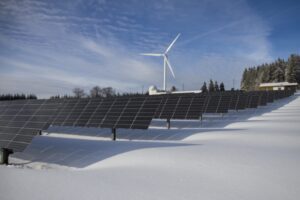

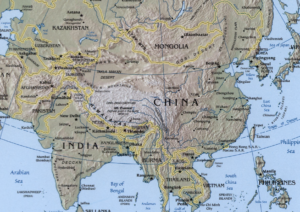
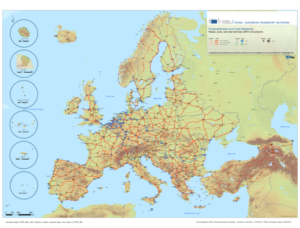
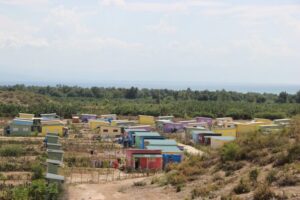








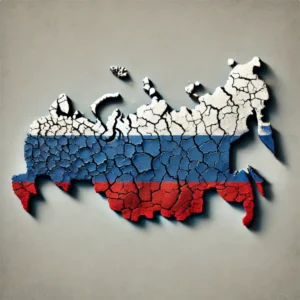
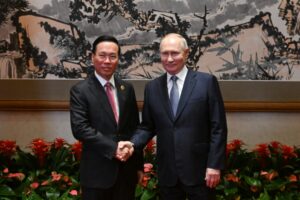
[…] conflict in Ukraine has accelerated investment in renewable energy in the medium and long term due to the need for Europe to become independent from Russia in energy […]
[…] destruição, incluindo intromissão nas eleições nacionais de muitos países membros da U.E. e usando a exportação de gás natural como arma geopolítica contra o bloco. Com uma Rússia deteriorada e dividida, a U.E. terá um caminho claro para a prosperidade e maior […]
[…] the European Union, the only sector that increased the emission of greenhouse gasses in the last three decades was the […]
[…] by the lockdowns of the COVID-19 pandemic; the current war in Ukraine, and consequently the energy crisis; and the death of Queen Elizabeth […]
[…] clear example of this is the European Union, which has been seeking to gain its strategic energy sovereignty and end its dependence on Russia by implementing wind energy and importing from other […]
[…] in clean energies to achieve their energy sovereignties. The European Union has its initiative REPowerEU, , China has made more and more investments in renewable […]
[…] of Ukraine caused several countries, such as the United States and members of the European Union, to impose sanctions against Russia, causing the country to have to sell its fuel cheaper. However, some analysts consider that, even […]
[…] to the point of destruction, including meddling in the national elections of many E.U. members and using natural gas exports as a geopolitical weapon against the block. With a deteriorated and divided Russia, the E.U. will have a clear path to […]